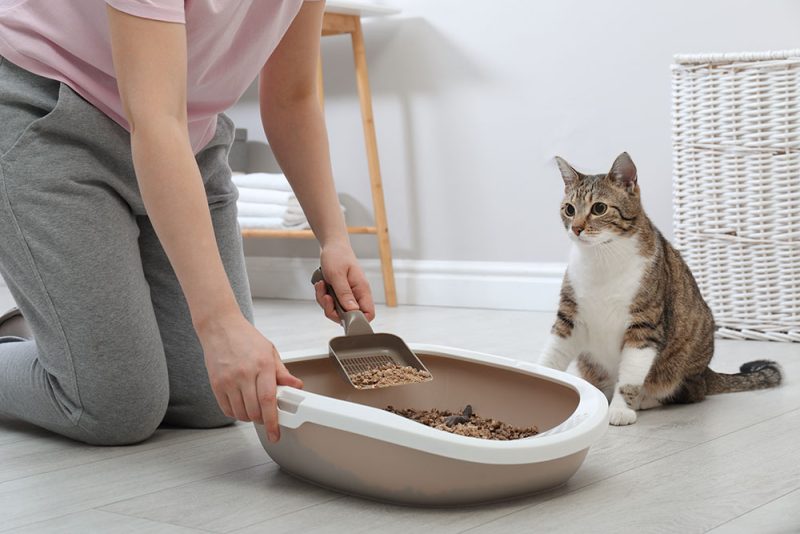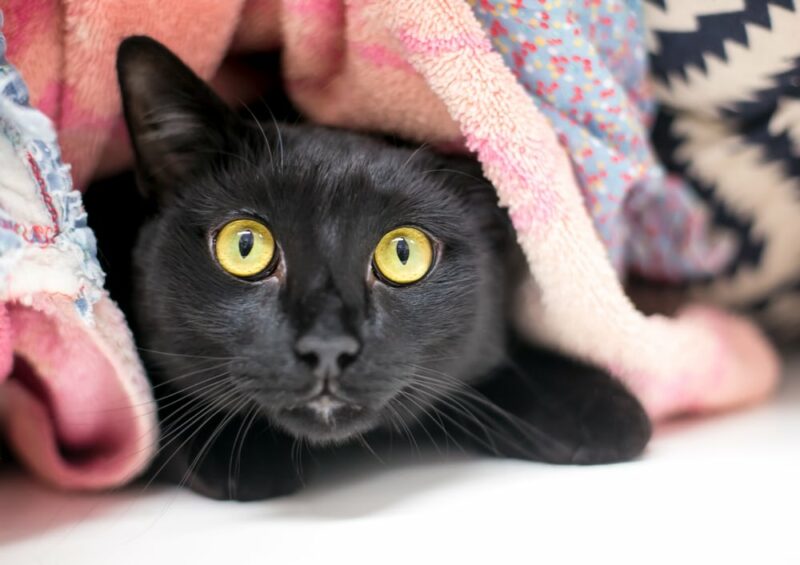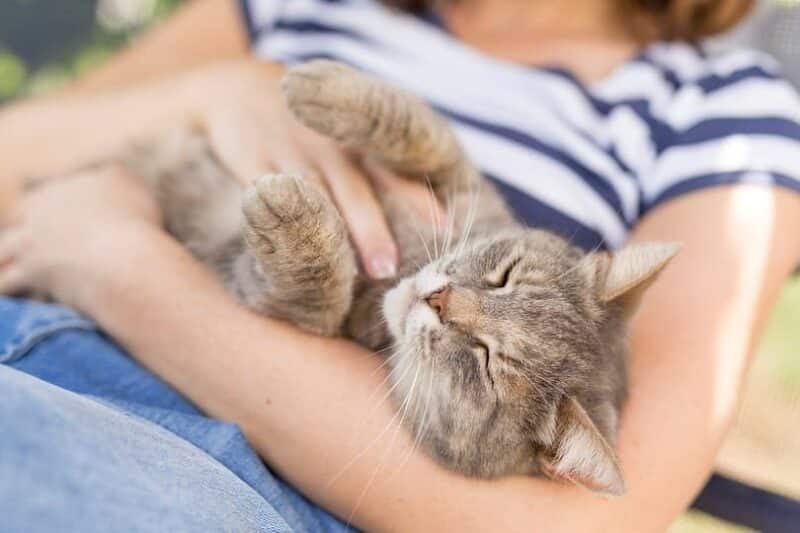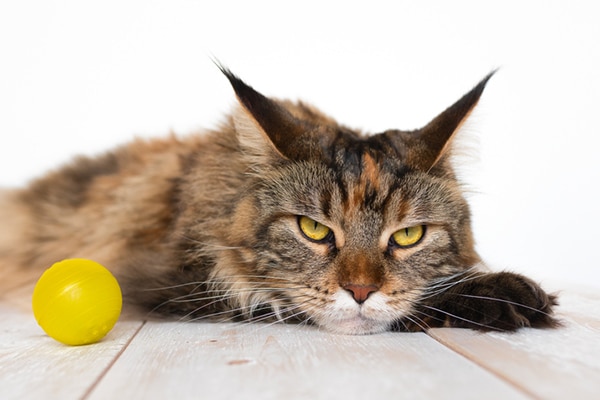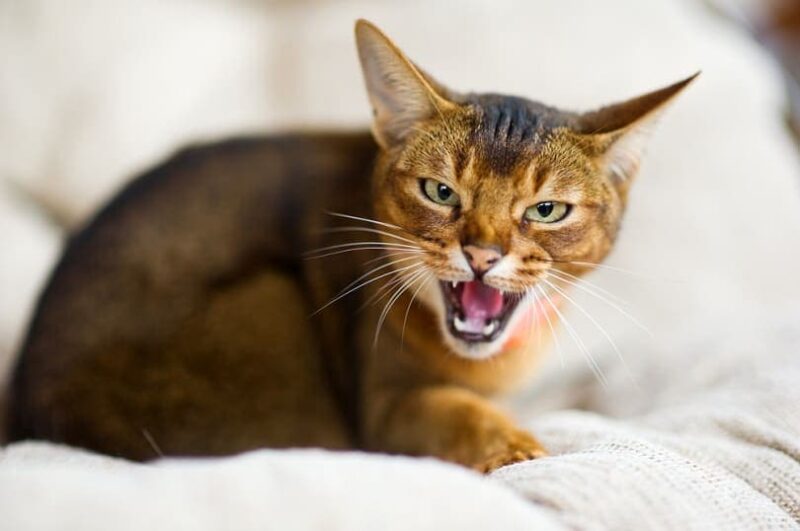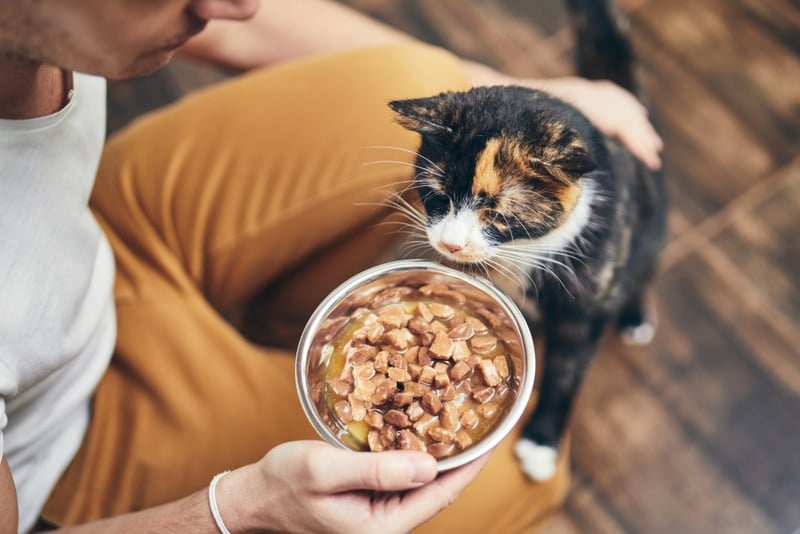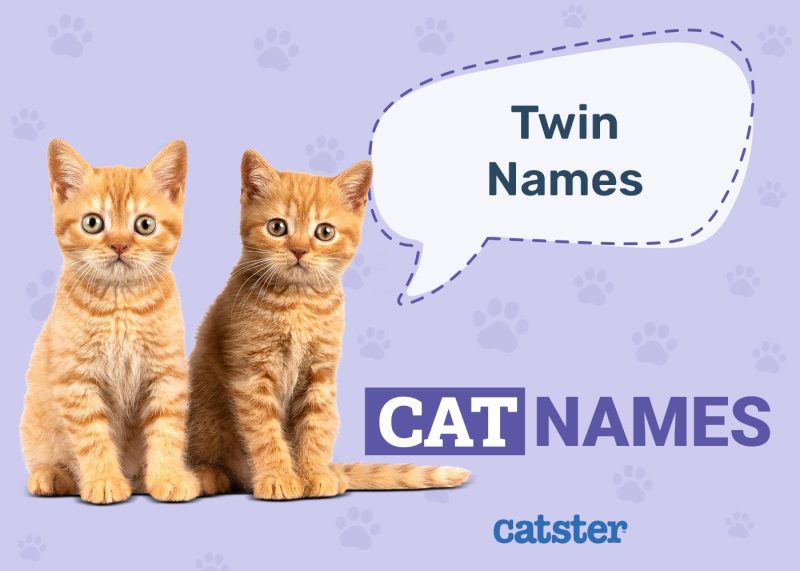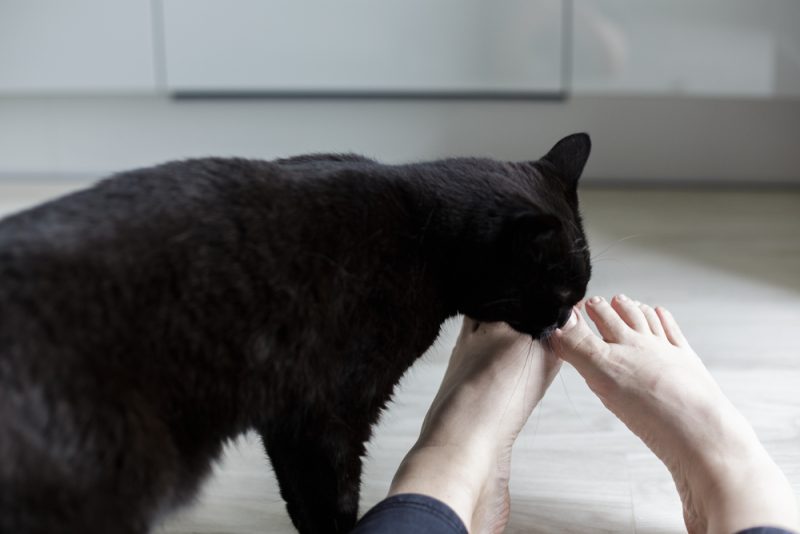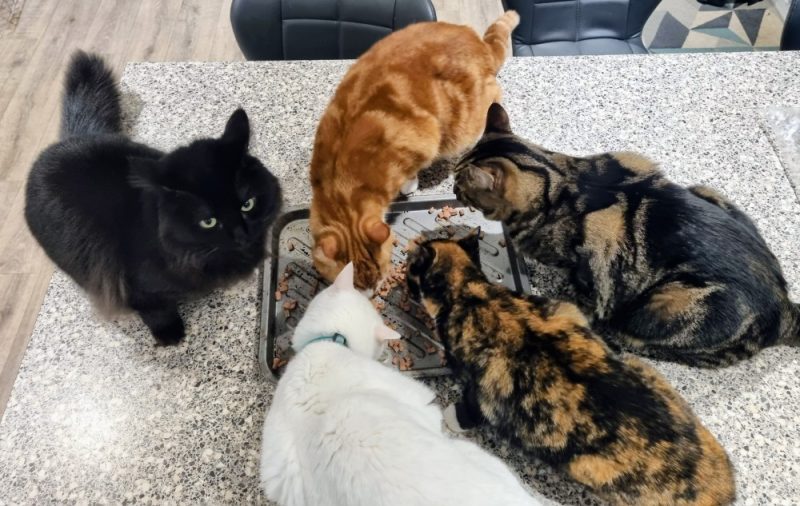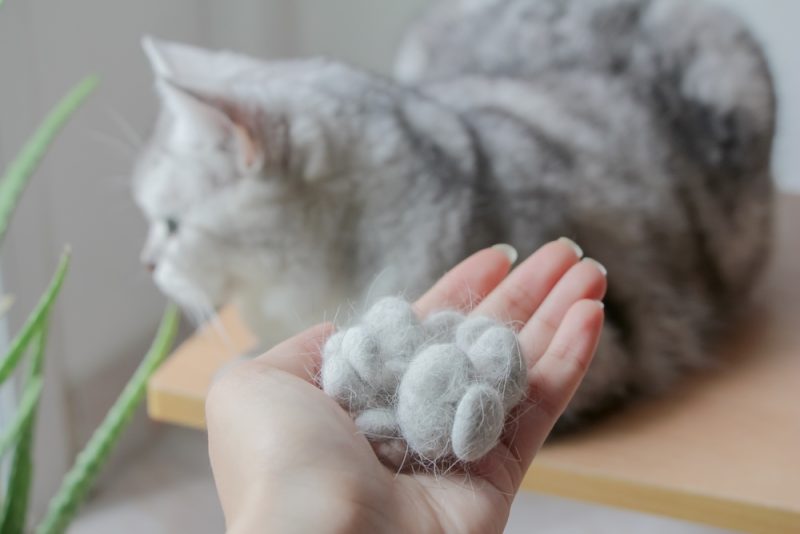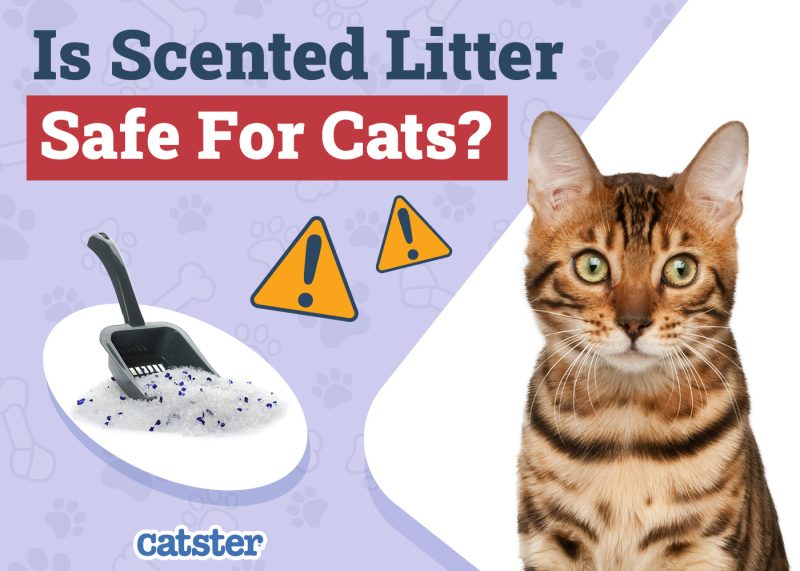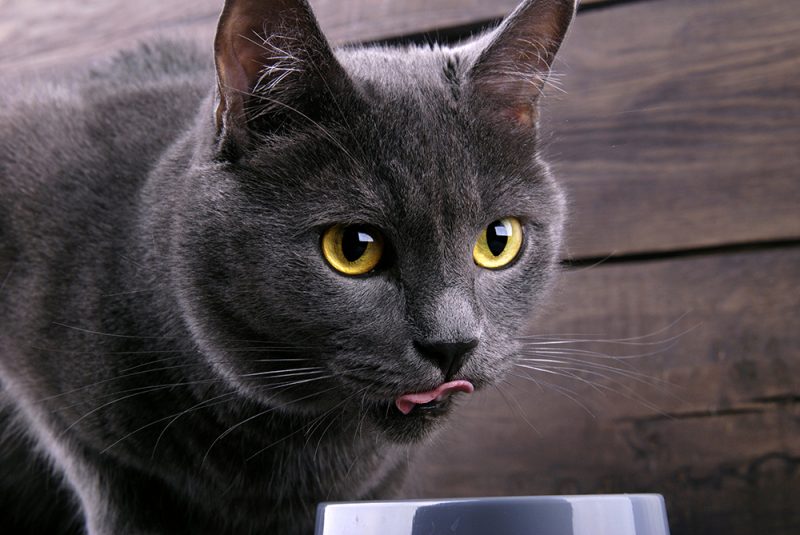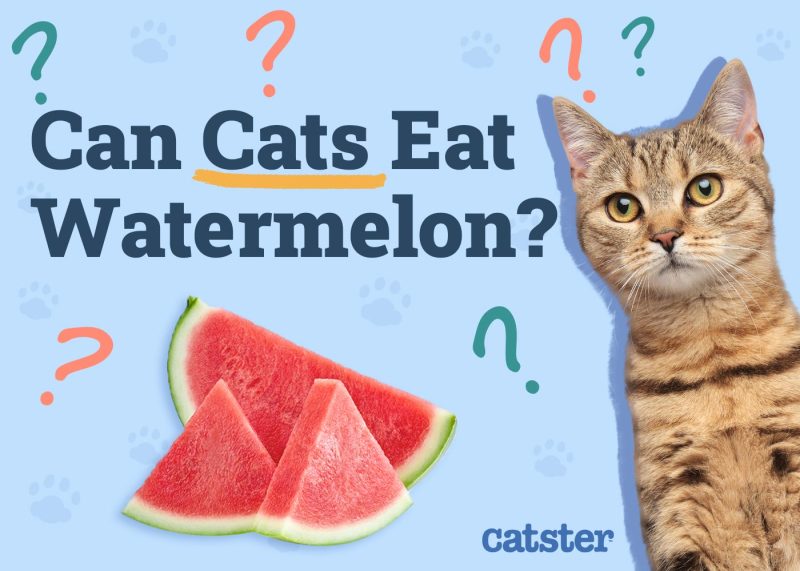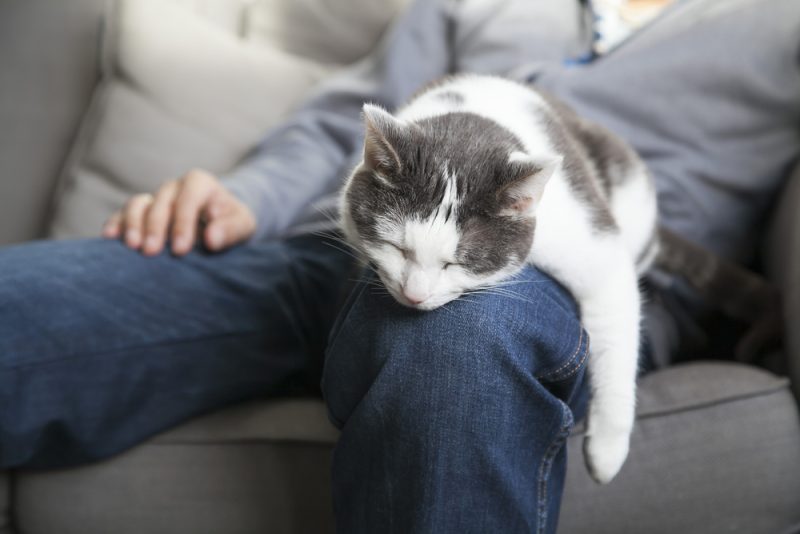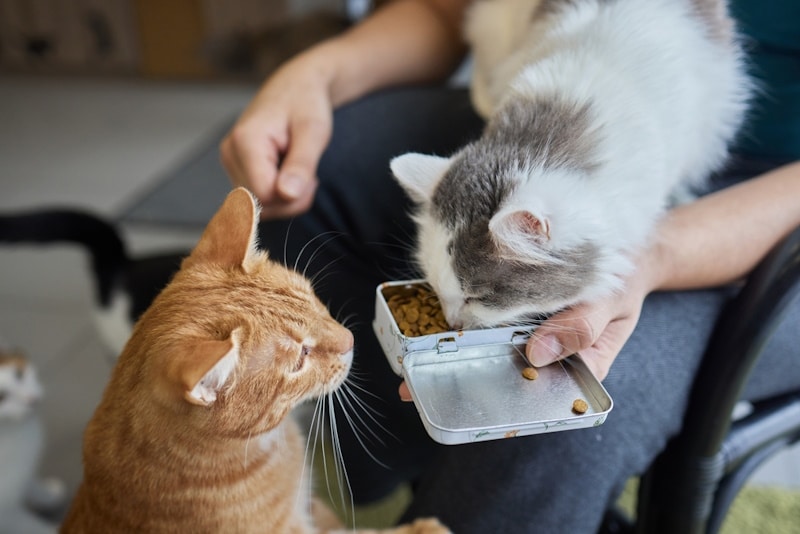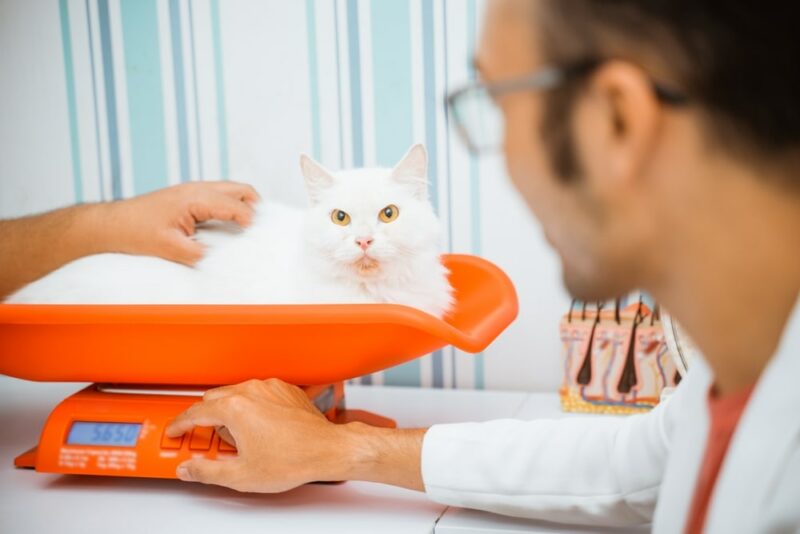If you’re searching for a new cat litter or natural alternative to the traditional clay litter, you are in the right place. Many cat owners (and some cats) don’t care for the clay-based litters—either the feel of these litters or the dust they can create. Natural products are also on the rise in popularity in many areas of our lives, and cat litter is no exception, with many pet parents starting to favor natural variants over traditional, commercially manufactured ones.
The following suggestions for an alternative cat litter have been found to be successful in the feline world and are used by all sorts of cats and households.
Below are six alternative and natural types of cat litter that you can safely use for your kitty. Hopefully, one of these is a winner for you!

The 6 Alternative Types of Natural Cat Litter
1. Shredded Newspaper
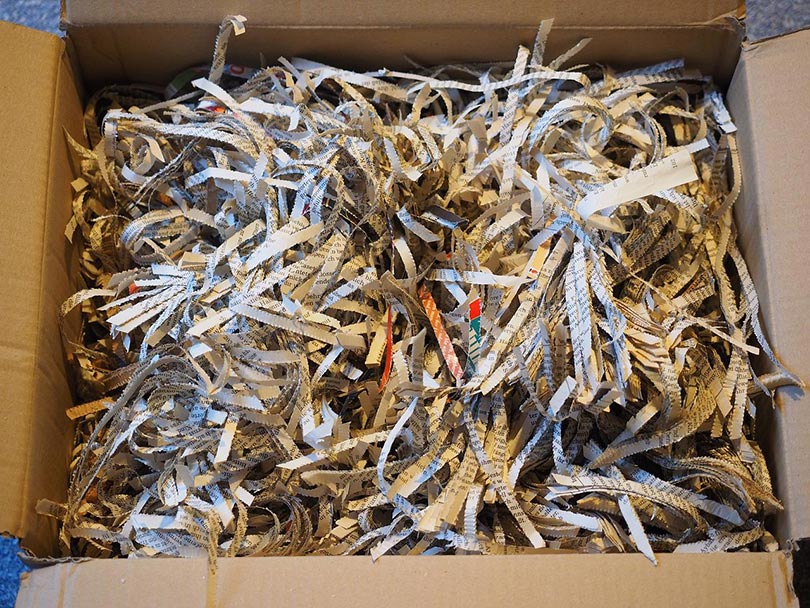
Shredded newspaper is one option to replace your current cat litter. Shredded newspaper is a particularly green way of supplying litter, especially if you have a source or supply of non-glossy newspaper or paper. Recycled paper may also be used for this purpose, making shredded newspaper a very cost-effective and economical choice. Long-haired cats might appreciate this format of litter too, as these felines often dislike having debris, dust, or bits of litter stuck in their fur, paws, or around their back ends.
However, the downside of this litter is that there is no odor control, so you’re going to have to clean the box often and regularly, although you should already be doing this anyway.
2. Sand
Cats often find sand to be a heavenly material to use as their toilet. As this is very much a natural product, it is worth a try to see if your cat will enjoy this as much at home in their litter tray as they would in a children’s outdoor sandbox. It may be slightly messier and smell more since sand isn’t great at deodorizing things and doesn’t absorb the odors of cat urine and feces well. Therefore, it needs more frequent cleaning. It is also prudent to check if the type of sand you are using is safe for cats.
If you're dealing with stubborn smells in your litter box or elsewhere in your house, a good cat litter deodorizer can work wonders.
- Bio Enzymatic Cat Litter Freshener - Smart formulation uses natural ingredients eliminating cat...
- Save Money - Stuff for cats isn’t the cheapest. With this litter box odor eliminator, you’ll...
- Every Litter, Every Surface - Are you afraid this additive won’t work on your litter? Fear not!...
We recommend Hepper's Advanced Bio-Enzyme Cat Litter Deodorizer, an all-natural litter additive that fights odors using bio-enzymes. This effective deodorizer is fragrance-free and works on all types of cat litter. It's also effective anywhere you have lingering odors, including diaper pails, garbage cans, and kennels!
At Catster, we’ve admired Hepper for many years and decided to take a controlling ownership interest so that we could benefit from the outstanding designs of this cool cat company!
3. Corn
Often made using 100% corn kernels, corn cob litter is another natural option, although some cats don’t like the texture on their paws. While corn may get kicked around more and end up all around the outside of the tray or across your floor, the extra sweeping or vacuuming up of this alternative litter might be worth it to you and your cat. It is said to clump well, absorb some odor, and doesn’t stick to their fur. Corn litter can also quickly become moldy, which can carry its own health risks.
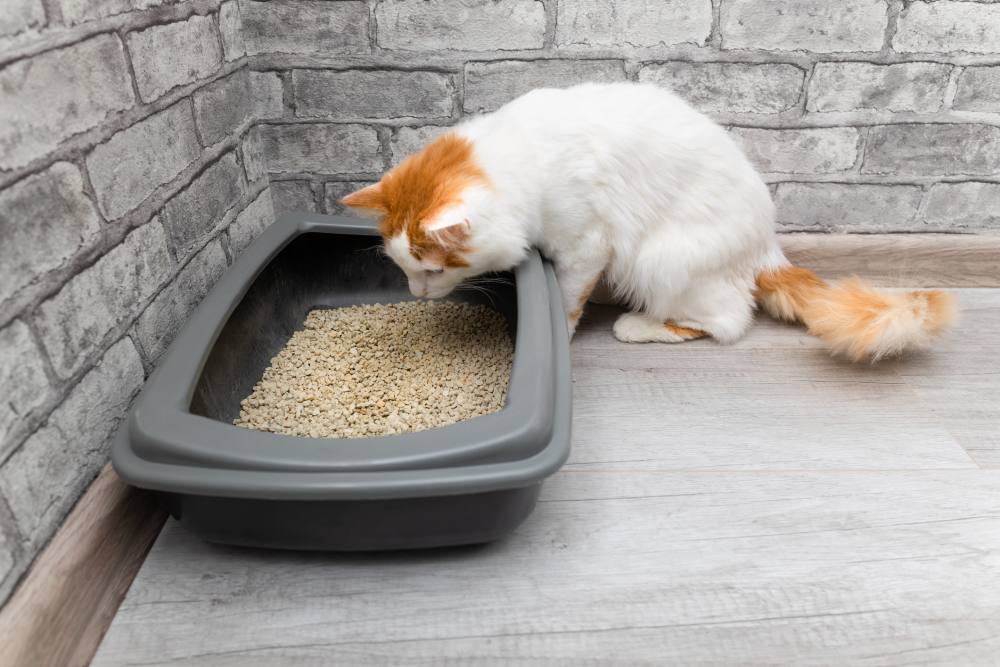
4. Soil
Garden soil or potting mix can be another alternative to cat litter. Cats often adore this material, which, if you have a cat who goes to the loo in your plants (inside or outside), then you likely already know this! Similar to sand, it doesn’t absorb urine and feces all that well, and you’ll need to ensure the type of soil you use is safe for cats. It can be a little messy, especially as cats can easily walk and trail bits of soil around the house. This is perhaps one to avoid if you have cream or light-colored carpets!
5. Coconut Shells
This cat litter alternative uses the coconut’s shell, and this type of natural litter is classed as hypoallergenic, which may be ideal for you or your cat if allergies are an issue. It does tend to be pricier but can be used around your gardens and flower beds afterward, thus making it essentially a zero-waste product and a good use of your money. (Though this use comes with a risk of parasite transmission!)
It is said that these coconut shells do not clump well, as the pieces are very fine, so if you and your cat are fans of clumping litter, coconut might not be the one for you.
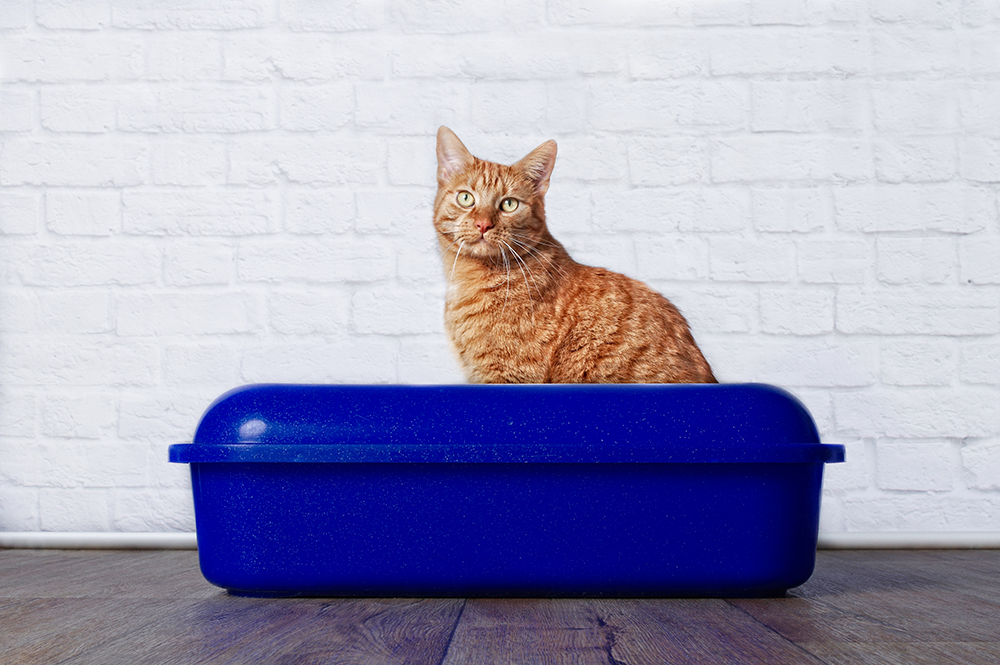
6. Wheat
Wheat litter is both lightweight and natural, all combined with a pleasant smell that has no artificial additives or fragrances. It’s soft, controls odor well, and is comfy on paws, although wheat can get trailed a bit more around the room or house.
For the disposal of wheat litter, though, it has more options. As well as the traditional methods, it may also be composted or flushed down your toilet (only in some residential areas), making it super convenient. However, please check this with your local authority, as flushing natural litter down the toilet both safely and legally can vary depending on where you live.
If you’re unsure of which type of cat litter to use, contact a vet for a specific recommendation.
If you need to speak with a vet but can't get to one, head over to PangoVet. It's an online service where you can talk to a vet online and get the advice you need for your pet — all at an affordable price!


Conclusion
There are pros and cons to using natural products for cat litter, and it really does come down to your and your cat’s preference. Using a natural type of litter that a cat refuses to go in is no good to anyone, nor is using one that stresses you out each day because it’s a real pain to deal with. The best advice is to use trial and error to see what works best for you, your cat, and your household, lifestyle, and values. There is no wrong or right answer as long as the product is safe for your kitty to use and they’re comfortable with it.
Featured Image Credit: New Africa, Shutterstock
